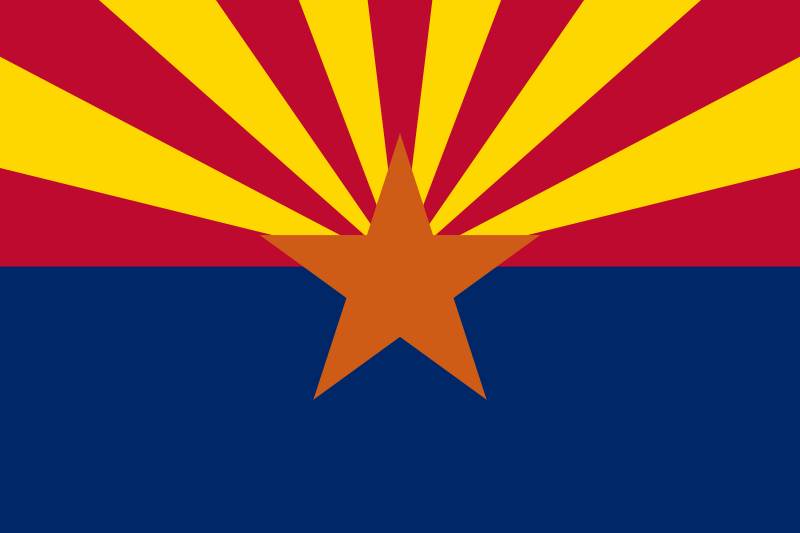This November, Arizonans will decide on a ballot initiative that would require donors to political campaigns to disclose the original source of the money, if the donation goes above a certain threshold. There are ten statewide ballot measures on the Arizona ballot.
The campaign finance initiative, if approved by voters, would require that anyone making independent expenditures of more than $50,000 on a statewide campaign or $25,000 on a local campaign disclose the names of the money’s original sources. The original source would be defined as the person or business who earned the money that was contributed, either through personal funds, business income, or any other form of income.
Certification of the initiative followed a legal challenge before the Arizona Supreme Court. The legal challenge dealt with the affidavit requirements of signature gatherers, as well as whether or not the petitioner’s registration must include the full address, including the unit number of an apartment or hotel. On Aug. 25, the Arizona Supreme Court rejected the arguments cited in the lawsuit.
Two other Arizona citizen initiatives were also subject to legal challenges. While one initiative to limit interest rates on debt from healthcare services was certified for the ballot last week, an elections and voting policies initiative was removed from the ballot.
To qualify for the ballot, proponents needed to collect at least 237,645 valid signatures. Signatures were verified through a random sampling process. On July 7, the Voter’s Right to Know campaign submitted 393,490 signatures. On Aug. 26, the secretary of state found that a projected 285,144 signatures were valid after county review.
There are nine other certified measures on the ballot in Arizona. They are:
- Proposition 308 would allow in-state tuition for certain non-citizen residents
- Proposition 309 would require date of birth and voter identification number for mail-in ballots and eliminate the two-document alternative to photo ID for in-person voting
- Proposition 310 would create a sales tax to fund Arizona’s fire districts
- Proposition 128 would allow the legislature to amend or repeal voter-approved ballot measures that contain provisions ruled unconstitutional or invalid by the state or federal supreme court
- Proposition 129 would require citizen-initiated ballot measures to embrace a single subject
- Proposition 130 would allow the legislature to set certain property tax exemption amounts and qualifications rather than determining details in the constitution
- Proposition 131 would create the office of lieutenant governor
- Proposition 132 would require a three-fifths supermajority vote to pass ballot initiatives and legislatively referred amendments that would approve taxes
- An initiative to limit interest rates for debt from healthcare services and increase the value of certain property and earnings exempt from debt collections processes
Additional reading:


